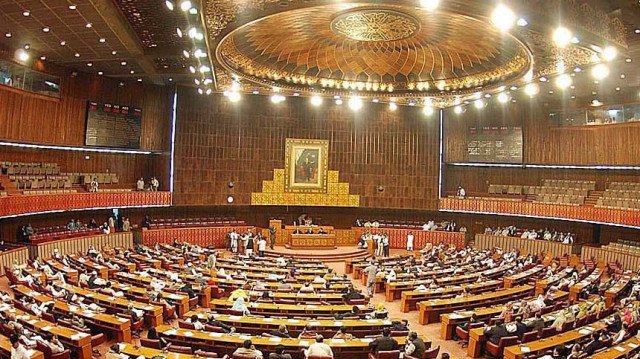Levying the RGST
There seems to be some hope now of an improved economic order.

The RGST had, of course, been gone back on after ferocious protests by the PML-N as well as some other parties. Politics, rather than practicality, appeared to be behind these because clearly the levy of the tax would help bring more of the economy under the tax net, increase tax revenue, and hence help bridge the widening fiscal deficit. The latter by itself places inflationary pressures on any economy, and is also one reason why social sector development programmes being embarked upon have been under severe strain.
While IMF conditions may seem tough to some, in this particular case, the prescription is one that Pakistan should have pursued on its own in any case. It is worth pointing out that this also has a link to the whole issue of reduced or eroded, so to speak, sovereignty. Since Pakistan is unable to widen the tax net and increase tax revenue, the government ends up relying on aid from foreign lending institutions and countries. Such assistance almost always comes with conditions — and that is understandable since anyone giving a loan would want to ensure that the loan is paid back — and hence the logic that a measure like the RGST is in our long-term interest. One only hopes that come budget time, the government will not backtrack on this measure like it did last year.
Published in The Express Tribune, May 13th, 2011.















COMMENTS
Comments are moderated and generally will be posted if they are on-topic and not abusive.
For more information, please see our Comments FAQ